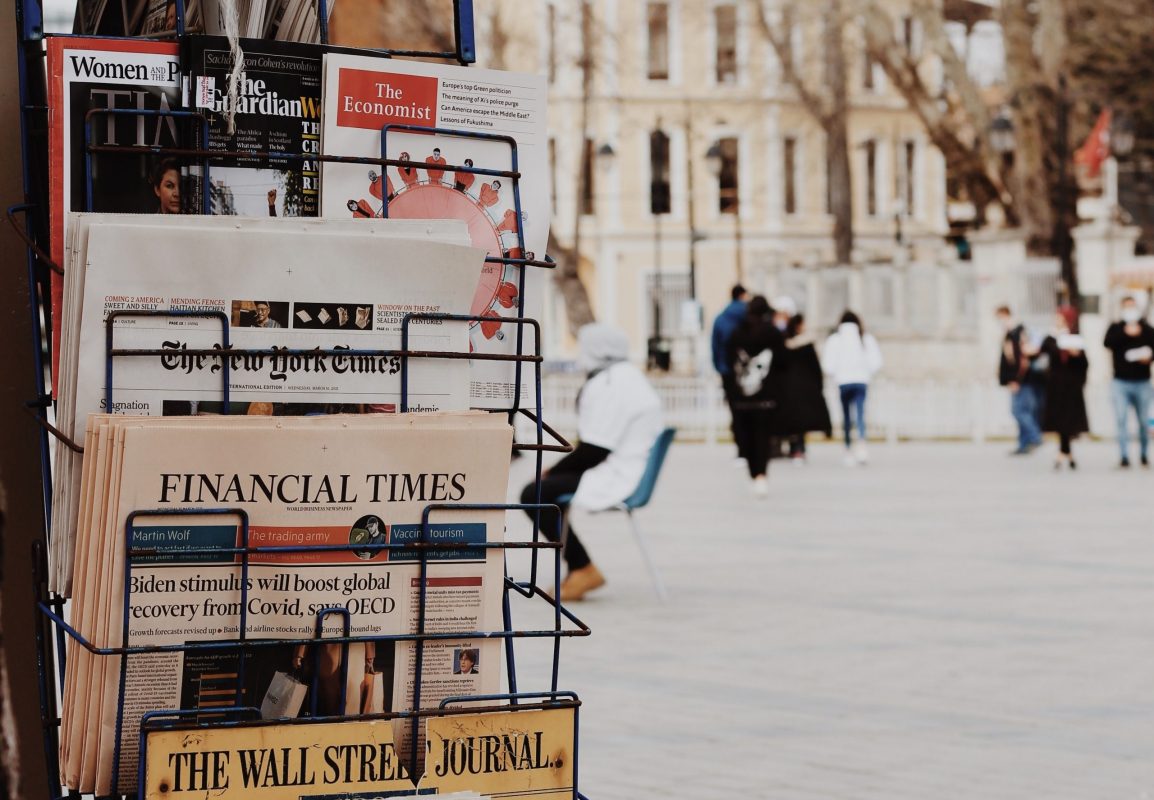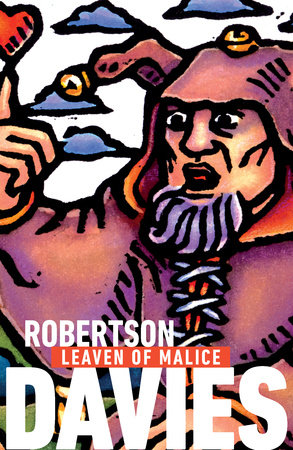If you enjoy reading Electric Literature, join our mailing list! We’ll send you the best of EL each week, and you’ll be the first to know about upcoming submissions periods and virtual events.
Newspapers make excellent settings for novels, as I learned while writing my novel, Her Turn. In a milieu where everyone—even the birding columnist—thinks of himself/herself as an investigative reporter, the default mode is cynicism and rugged individualism. It follows that newsrooms are full of speedy, hyper-ambitious characters, but they are also home to milder characters, such as Liz, the heroine of Her Turn.
Liz edits a column of personal essays sent in by readers, which puts her far down in the newspaper’s pecking order. But when the woman who married Liz’s ex-husband submits an essay, it gives her a ringside seat to observe and even interfere with that marriage. Often in newspaper novels, it’s the person with a peripheral job or stuck in a journalistic backwater or hopelessly inept who becomes the center of the novel and the source of its comedy. That’s another thing about newspaper novels: they’re frequently very funny.
Branching out from Fleet Street—the legendary home of London’s newspapers—to provincial England, Trinidad, small-town Ontario, and Rome, here are novels set in newsrooms:
Scoop by Evelyn Waugh
William Boot, the unworldly, untraveled writer of The Daily Beast’s nature column, gets plucked out of obscurity in a case of mistaken identity to cover a war in the fictional African Republic of Ishmaelia. Waugh’s merciless satire of Fleet Street and the skulduggery of its foreign correspondents has never been bettered.

My Turn to Make the Tea by Monica Dickens
Poppy’s job as a junior reporter on a provincial English weekly is not limited to covering church bazaars, weddings, and traffic accidents. She also fills the inkwells, fetches copy paper, and heeds the editor-in-chief when he says, “Bring us a mug, there’s a love.” But Dickens’ autobiographical novel is more than a genial period piece: she has inherited her great-grandfather Charles’s talent at creating characters around a recurring tic, and she peoples the newspaper and Poppy’s boarding house with memorable eccentrics.
Leaven of Malice by Robertson Davies
Gloster Ridley has all the usual problems of the editor of a newspaper in a small Ontario city, including clinging freelancers who refuse to retire, powerful locals who expect special treatment, and reporters who think they are novelists. Then one day someone inserts a hoax into the paper—an announcement of an engagement between two people who barely know each other, with a history of enmity between their families. The mystery’s legal complications are dismaying, not to mention the romantic ones, and Davies deftly steers his small-town tempest to an ideal finale.
A House for Mr. Biswas by V. S. Naipaul
Mohun Biswas works for the Trinidad Sentinel for a third of his life, evolving as a journalist in tandem with the paper’s transformations. At first, Biswas fits in easily at an unambitious paper that aims to shock and frighten, writing stories about dead babies in brown paper packages and a series about the tallest, shortest, fattest, thinnest, and wickedest Trinidadians. When the Sentinel pivots to greater seriousness (their new motto: “Don’t be bright, just get it right”), so does Mr. Biswas. His vocabulary and the length of his sentences grow, and he becomes a feature writer and later, as the Sentinel’s colonial optimism wanes, the paper’s expert on social welfare. When he dies, he hopes the headline will be “Roving Reporter Passes On.” But fittingly, the Sentinel writes finis to a life of many disappointments and some joys with the bald “Journalist Dies Suddenly.”
Towards the End of the Morning by Michael Frayn
Bob Bell and John Dyson could charitably be described as peripheral to their paper’s investigative heart: they edit the daily nature diary, spiritual meditation, and crossword puzzle. But like their more prestigious colleagues, they arrive late in the morning, phone their friends, fill out their frequently mendacious expense claims and then break for lunch at the nearby pub. Their consummate laziness, complaints of overwork, and resolutions to stop drinking at lunch are running jokes in this laugh-out-loud look at the waning days of Fleet Street and the rise of television.
The Spoiler by Annalena McAfee
It’s 1997 and newspapers are beginning to fight for their survival. The novel centers on two women at different ends of the journalistic food chain—Honor, an older, admired war correspondent, and Tamara, a young writer of fluff for an entertainment supplement called Psst. Tamara, who specializes in listicles (“The Best Soap Opera Shags”), has never heard of Franco, thinks zeitgeist is a German magazine and assumes Levi-Strauss is a new kind of jeans. Ambitious to climb an increasingly shaky ladder, she tries to write a feature about the flinty and contemptuous Honor. The gap between two generations and two attitudes to journalism could not be starker, or more darkly amusing.
The Imperfectionists by Tom Rachman
Rachman’s brilliantly original portrait of an English-language newspaper in Rome (based on the International Herald Tribune) proceeds from its founding to its demise in a series of interlinked short stories. Each one centers on a different character, from the obituary writer to the publisher, and the resulting biography of a paper and its staff is funny, poignant, and thought-provoking.







